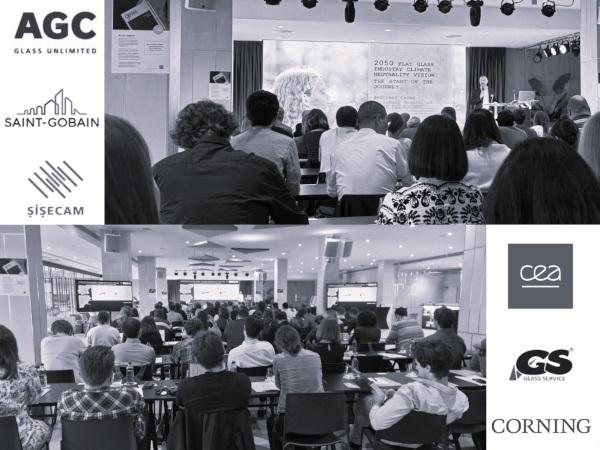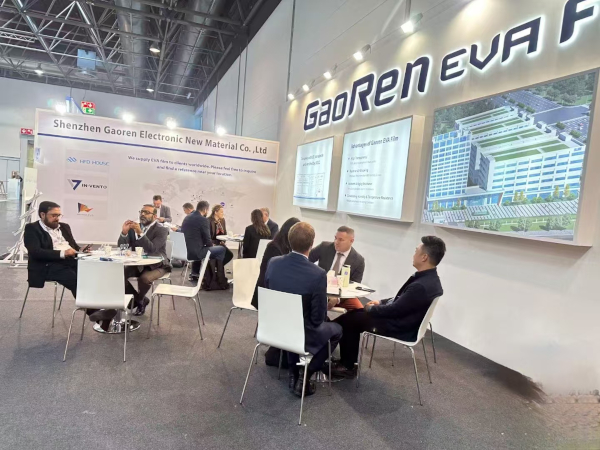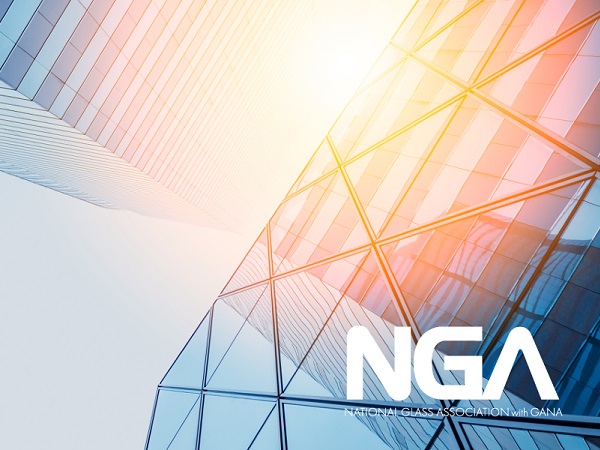
Date: 7 May 2024
From 29 April to 3 May, Glass for Europe has attended the ICG – International Commission on Glass Spring School 2024 where industry and academia experts convened to discuss the pivotal role of glass and glazing in fostering sustainability.
During the five-day event, the focus was directed towards the challenges of reducing carbon footprint in the glass industry (with emphasis on furnace design, raw materials and recycling) as well as the applications of glass in the production of clean energy.
To kick off the event, Glass for Europe’s Secretary General, Bertrand Cazes introduces attendees to the Glass for Europe 2050 Vision. It was a great opportunity to underline the key role of glass products in decreasing CO₂ emissions and in parallel present the industry’s own journey towards low-carbon manufacturing.
Furthermore, Glass for Europe members delivered presentations on decarbonizing the glass-making process and utilizing glass to aid the decarbonization of other sectors. Presentations were notably made on the assessment of decarbonisation pathways for the flat glass sector, including the use of alternative energy sources such as hydrogen, biofuels and renewable energies, and their own constraints, including their capacity at delivering the high temperatures necessary for glass melting, as well as their uninterrupted availability.
Discussions also covered the proportion of recycled cullet in the batch, which need to be increased but requires a strong policy effort on collection and separation of end-of-life glass. Iva Ganev, Glass for Europe’s Environment and Climate Policy Manager, emphasized the absence of one-size-fits-all solutions, underscoring the need for adaptable flat glass furnaces tailored to local technological and resource conditions.
Glass for Europe’s members introduced their research on glass in batteries, which are a significant tool for a decarbonised energy market. They presented specific technologies developed for solar mirrors and for greenhouses, dedicated to increasing their efficiency and offer solutions to the needs of society. They also showed the lessons learned from nuclear glass to improve the glass-making reaction. Iva Ganev concluded that “the development of economically viable technological solutions requires a strong industry and the existence of a market for their uptake”.
 600450
600450







Add new comment